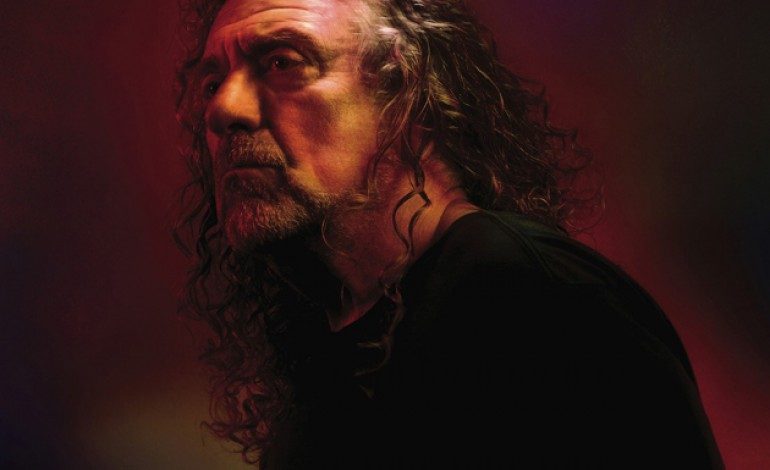

Robert Plant continues subdued exploration of musical boundaries
Who would have thought the frontman of Led Zeppelin, the apotheosis of ’70s rock grandiosity and indulgence, who used to strut around stage bare-chested and entertain as much with his sexual moans and his bulge as with his ferocious vocals, would become an essential voice in contemporary folk music and one of the most gracefully aging artists of his generation? Zeppelin fans and skeptics alike in the band’s prime would scoff at the notion, and it does seem absurd on paper. The fact is that that stance is well beyond reproach by now, as Robert Plant has added another success to his quiet, late career renaissance with Carry Fire.
Backed again by the Sensational Space Shifters following 2014’s lullaby and…The Ceaseless Roar, Plant has his fingers in a lot of stylistic pies on Carry Fire, straddling folk, country, blues, world, and, naturally, rock (itself already a byproduct of fusion, but never mind). These are territories he has explored before but the passage of time has bled the edges between them, with Plant and the band melding the disparate components into an idiosyncratic and assured whole.
Plant has also commendably embraced modernizing his sound without stripping it of its essence. Entrancing opener “The May Queen” uses throaty, electronic grunts to augment its Eastern-tinged instrumentation and groove to create something like the sound of a bustling bazaar attended by cyborgs. Later, the eerie blues “Keep It Hid” wrings an urgent anxiety from its warbling, synthetic bedrock, which interacts intriguingly with Plant’s hushed vocals and the guitars when they enter.
For all its merits, Carry Fire has some undeniable pacing issues and would benefit greatly from a simple re-sequencing. The second half features all of the album’s most rocking moments while the first is strapped with its most droll passage, proceeding through “New World,” “Season’s Change” and “Dance With You Tonight” – all fine songs, it should be noted, but not as individually impactful in their proximity.
Additionally, Plant still has a lyrical predilection for the ethereal at best and fanciful at worst. I can take it or leave it. There is some good poetry in his songs of myth and love and mythological love but nothing terribly resonant. It’s much more fun to hear him wax topical on the obvious but enjoyable romp “Carving Up the World Again…A Wall and Not a Fence” and the Zeppelin-recalling “Bones of Saints,” which joins apocalyptic imagery with barbed lines like “That’s the leading question / Where all the money comes / I’ll say who makes the bullets / Tell me, who sells the guns?”
Carry Fire is no masterpiece, but it is an essential entrant to Robert Plant’s storied discography. Plant could easily agree to that Zep reunion tour, phone it in, make some fast, big money and rest on his laurels. But he has remained restless, perhaps only grown in his restlessness, and it is yielding some of the most compelling work of his career.
